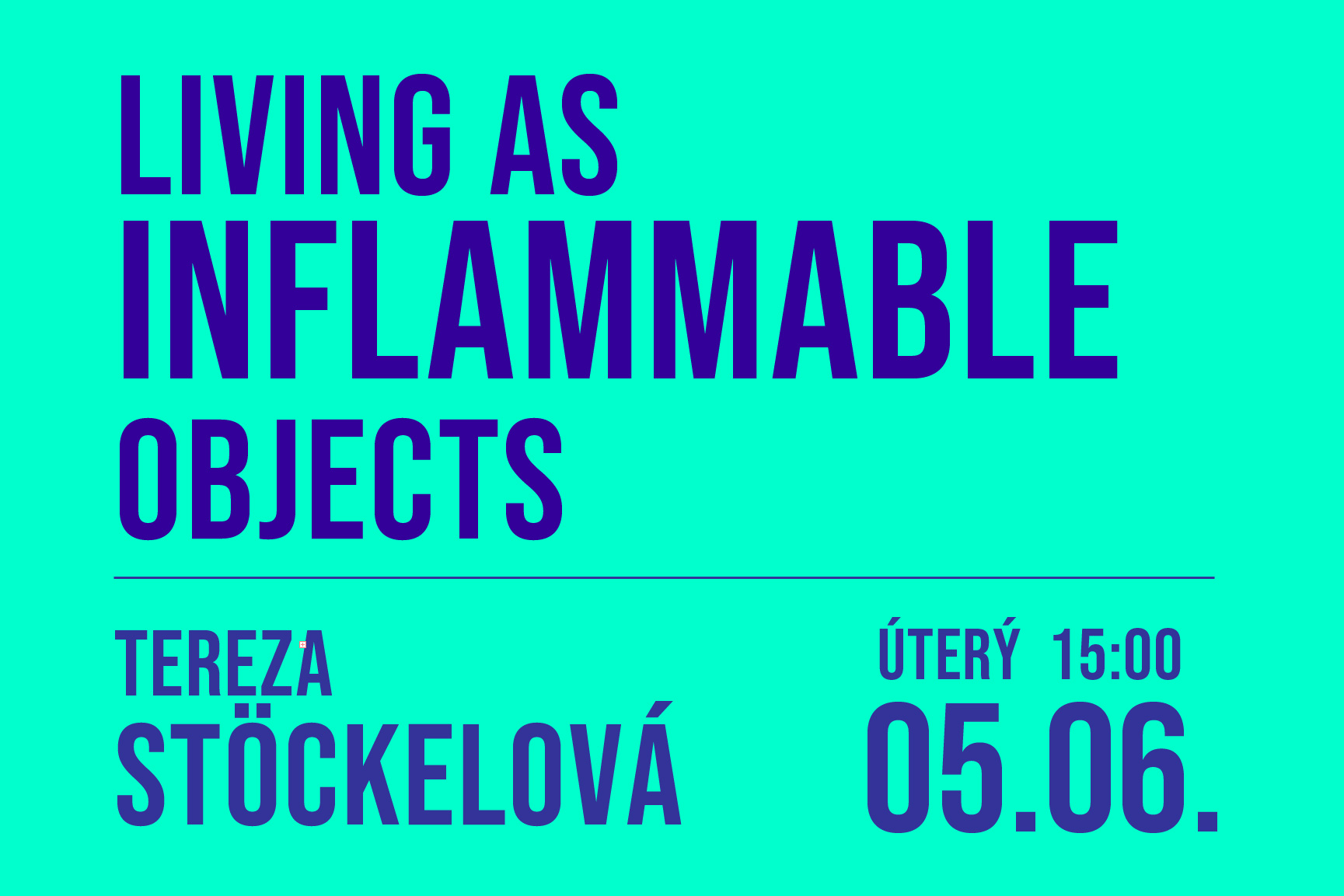
Living as Inflammable Objects
Living as Inflammable Objects
Tue Apr 29 14:08:37 CEST 2025

Seminář Terezy Stöckelové v úterý 06.05.2025
Oddělení ekologické antropologie vás zve na nadcházející seminární přednášku „Living as Inflammable Objects: Exploring the temporality, topology, and biosociality of acute and chronic inflammation“ od Terezy Stöckelové, vědecké pracovnice Sociologického ústavu AV ČR a docentky Univerzity Karlovy. Beseda bude v angličtině. Níže naleznete abstrakt a životopis autorky
Přednáška se bude konat ve úterý 06.05.2025 ve 15:00 (SEČ) v seminární místnosti Ústavu etnologie AV ČR, Na Florenci 3, Praha 1. Pro osobní nebo online účast se prosím registrujte zde.
Abstrakt: In the context of the metabolic turn in the social sciences and humanities, Hannah Landecker has recently drawn attention to inflammation, arguing that “the emergence of inflammation as a dominant theme in the biosciences in the 2010s is a distinctive historical formation whose contours provide an opportunity for sociologists to observe a shift in relations between social order and biological order (or disorder) in a period of anthropogenic planetary change” (Landecker 2024: 749). This paper introduces the notion of the “inflammable object” to conceptualize the contemporary planetary oscillation between “life as usual” and eruptions of emergency—viral, climatic, geopolitical—that push established systems beyond control. Drawing on STS work on fluid and fire objects (Mol and Law, 1994; Law and Singleton, 2005), I propose inflammability as a distinct ontological quality that escapes existing analytic frameworks. Building on my team’s ongoing research into metabolic health and anthropocenic technologies, the paper explores—through empirical detail—the temporality, topology, and biosociality of acute and chronic inflammation.

